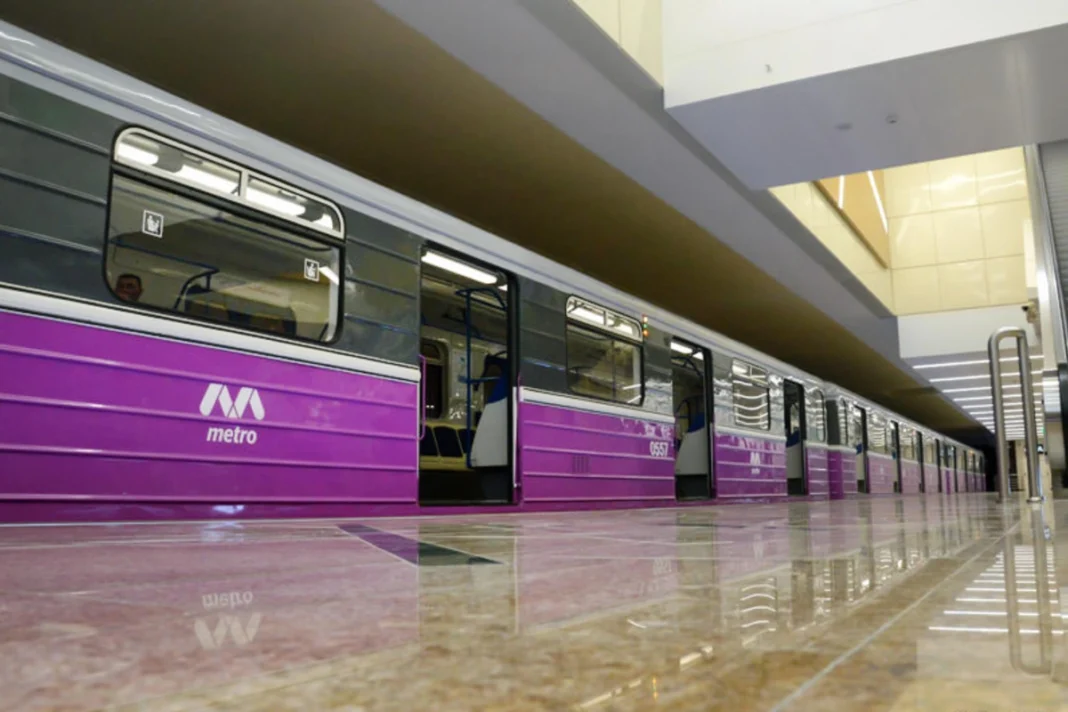Baku, September 6, 2025
Major changes may soon reshape how passengers pay for rides on the Baku Metro, with monthly passes, single-use cards, and even distance-based fares under discussion, according to Kaspi.az.
Monthly Passes and Social Discounts
Emil Ahmedov, adviser to the chairman of Baku Metro CJSC, told reporters that new fare models are being considered, including discounted conditions for students, low-income groups, and other vulnerable categories. “In many countries, passengers pay according to the distance traveled. This approach is also being discussed in Azerbaijan,” he said.
Experts Weigh In
Transport specialist Eldaniz Jafarov explained that differentiated tariffs can be based on distance, time of day, mode of transport, or passenger category, noting that similar systems abroad promote social fairness and accessibility.
“In London, fares vary by zone and time. We already apply some differentiated tariffs, and this practice is likely to expand,” he added.
Another expert, Rauf Agamirzayev, highlighted the importance of state subsidies under so-called “gross contracts,” a model already used in neighboring countries. With this approach, the state pays per kilometer, enabling lower fares for passengers while sustaining operators. He suggested that Baku could see daily, weekly, monthly, and even annual passes introduced, along with free transfers and exemptions for groups such as students, pensioners, war veterans, and people with disabilities.
Metro Expansion Plans
Agamirzayev also pointed to major infrastructure projects: starting next year, the “28 May” and “Jafar Jabbarli” lines will be separated to allow three independent lines to run at shorter intervals. Construction of new lines and stations is also planned through 2030.
He stressed that the metro’s growing capacity makes the shift to new tariff systems and subsidies essential.
“With gross contracts, passengers benefit from affordability, while the state ensures the system runs sustainably and efficiently,” he said.


